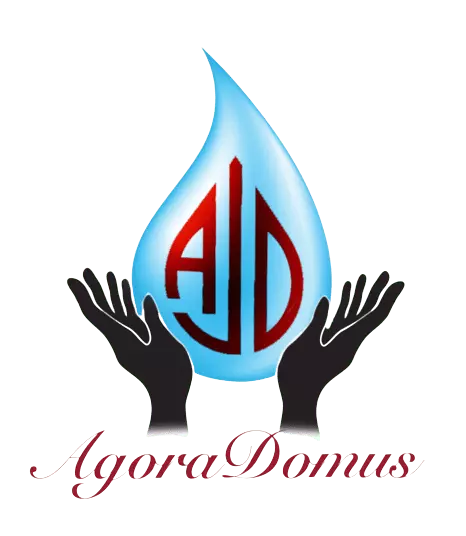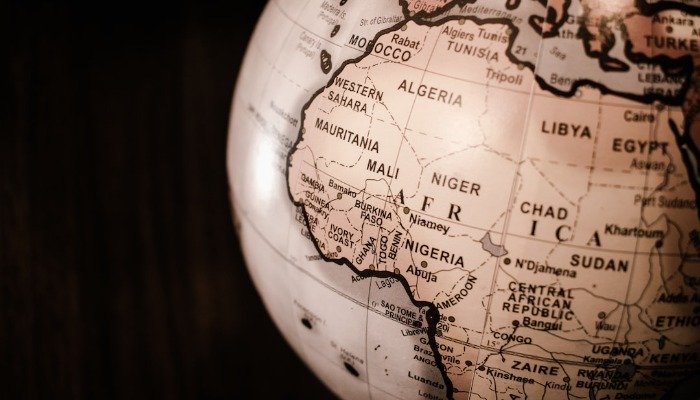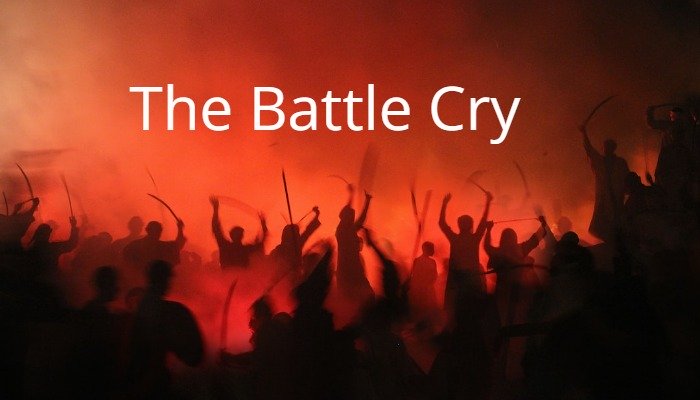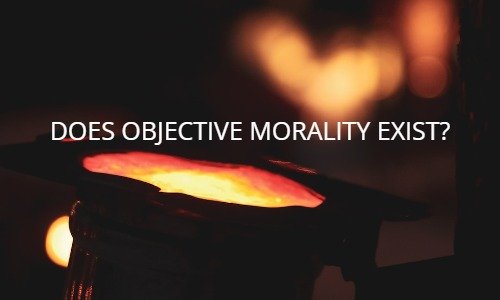Pan-Africanism has a very long history, it dates back to the days of Marcus Garvey, a black Jamaican who awoke the blacks in the diaspora and from African soil to the knowledge and appreciation of their African ancestry and heritage.
He sought to revolutionize Africans physically, mentally, and even culturally, to make them return to their homeland and develop it to what they see outside. Pan-Africanism was fostered by the likes of Kwame Nkrumah, Muhammad Gaddafi, and much other African elect.[1]
Pan-Africanism is both an idea and a movement. As an idea, it had its origin at the time of the American declaration of independence in 1776. It represented a reaction against the maltreatment of the blacks and a racial doctrine that rise to black oppression and presented them as an inferior race in the face of the world. The people of African descent suffered disabilities, were dehumanized, sold as slaves, and had no place in the world.[2]
As a movement, Pan-Africanist set up organizations like the Black Panther, OAU, ANC, and many others to fight for the liberation of the African continent and to foster unity among African nations. The aim of this write-up is to expose the idea of Pan-Africanism in the light of Muhammed Gaddafi as it relates to African liberation.
Muammar Gaddafi Pan-African Idea

Muammar Muhammad Abu Minyar al-Gaddafi was a Libyan president who fought for the liberation of African nations. During his lifetime, he fought strongly for the unity of the African Continent, he believed that as Africans we could achieve a lot if we are united. Gaddafi advocated for what he called the “United States of Africa” where all African states can be united as one, using a central African currency which he called the ‘African gold dinar’ so that Africans won’t have to have any need for the dollar.
Gaddafi was not pleased with the Western colonization of African nations and sought to liberate Africans from Western colonization that fostered slave trade, racism, and all sort of dehumanization that was meted on the black nations.
Gaddafi believed that a united Africa was possible that would speak with one voice at international fora, such as the United Nations, and be seen as equals in the world. Gaddafi was hated by the west for funding movements that threatened their social order or government.
Many of these movements involved black people, particularly in the west. These include the Black Panther movement and the Nation of Islam. He also funded the ANC of SA throughout the apartheid era. These movements represented revolutionary movements, Gaddafi was to use these movements to achieve his vision of having a United Africa and ending slavery and colonization. Gaddafi was confident that Africa, with its plenteous resources and cultures, was meant to be a world leader in terms of economic prosperity.[3]
African Liberation
Gaddafi was not completely a righteous man, he had his flaws and was accused of many bad things. However, one thing that is evident about his life was his zeal to fight for the growth of Africa and African liberation. One of the challenges Africa is facing or what is hindering her growth is a lack of unity.
If our leaders can be united and stand for the same course, I believe that our utmost liberation would be actualized. Africa needs to wake up to her reality, the world has gone past us and we are struggling to catch up, to make ourselves known. For many ages, we have been hiding under the shadow of our colonial masters.
These are the same people that caused our problem and have kept us where we are. They did not only enslave us physically but also mentally to the extent that we cannot think for ourselves. We continue to depend on our colonial masters even after colonization for our survival.
Conclusion
Africa needs a revolution, a mental, physical, and cultural revolution which Marcus Garvey sought to establish, Africa needs to be united if we must grow together, like the kind of unity that Muhammed Gaddafi longed for and pursued almost all his life.
Pan-Africanism both as an idea and a movement must continue to exist so as to see these things achieved. We must have blacks who believe in blacks, blacks who are not afraid of their color, afraid to speak their language, ashamed to be called a black, we want to see proud blacks who will proudly say that they are blacks.
We want to see blacks who are ready to make an impact in the world, make inventions and let their voices be heard in the world. This was the dream and hope of our fathers, who have gone past us, they were our heroes, like Nelson Mandela, Kwame Anthony Appiah, Kwame Nkrumah, Muhammed Gaddafi, and many others, we want to see the new generation of African heroes, that will continue to fight for the progress and development of the African continent.
Endnotes
[1] RD Guevara. Pan-Africanism: SAGE Journals. https://journals.sagepub.com. Sage Publication, 2013. P9
[2] Izu M. Onyeocha. Africa: The Country, the Concept and the Horizon: Imo State University Press, 2019. P6
[3] RD Guevara. Pan-Africanism: SAGE Journals. https://journals.sagepub.com. Sage Publication, 2013. P11




